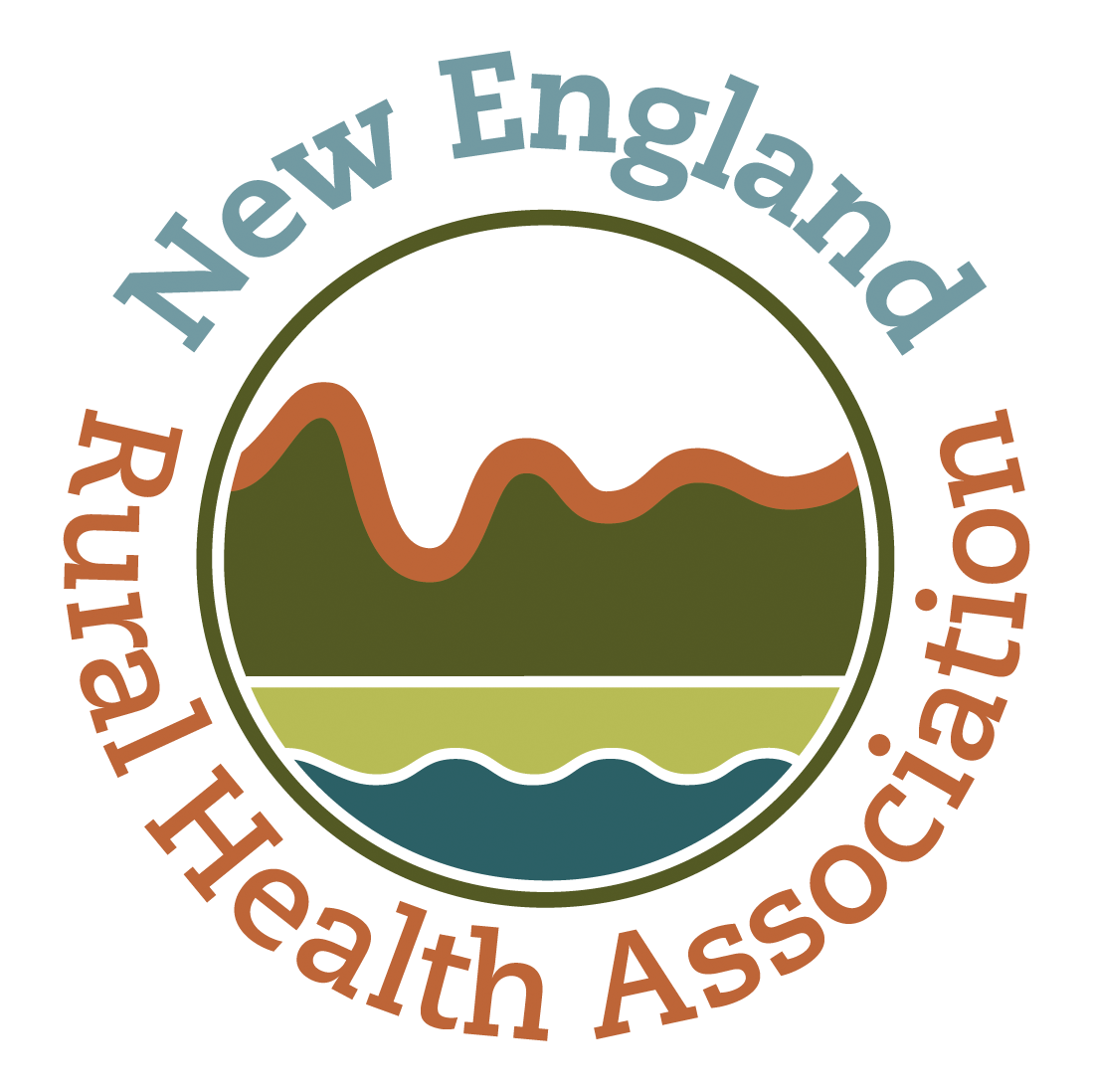
Thriving Communities Technical Assistance Center
About NERHA’s work with TCTAC
The New England Rural Health Association (NERHA) partners with the University of Connecticut’s Thriving Communities Technical Assistance Center (TCTAC) to support rural and underserved communities throughout EPA Region 1. As outreach and engagement specialists, NERHA helps connect rural communities with the resources and support they need to address environmental and public health challenges. We act as a bridge between health and environmental initiatives, fostering collaboration and facilitating access to technical assistance, training, and educational opportunities. Through our partnership with TCTAC, we work to remove barriers, improve accessibility, and empower communities to thrive.
Some of the environmental issues TCTAC covers:
Environmental Quality: Waste Management; Sustainable Land Use; Water Quality and Wastewater Treatment; and Air Quality
Energy: Infrastructure for Community Energy Resilience; Energy Efficiency and Harvesting; Communal and Household EV Charging Infrastructure; EV Micro-mobility; Clean Energy Transit
Climate Adaptation: Assessment of Local and Regional Climate Vulnerability and Risk; Climate Adaptation Planning and Project Prioritization; Technical Expertise to Advance Adaptation Projects/Policies
Environmental Health: Sustainable Housing; Environmental Health; Transportation; Broadband
Attend Office Hours Hosted by NE TCTAC
Join NE TCTAC for their upcoming office hours, where their team will be available to provide guidance on technical assistance, grant applications, and other support services. This is a great opportunity to ask questions, gain insights, and connect with experts dedicated to helping your community thrive.
Held once a month.
Upcoming Webinars
May 6
12:00-1:00 P.M. ET
Pollution Prevention 101: Successfully Addressing Point Source Pollution and Accessing Funding To Do So
Description:
More often than not, point source pollution can be prevented or reduced without spending large amounts of money. At the same time, internal efforts to do so help refine project scoping, leading to clearer and more competitive funding applications. This webinar will cover the following:
Pollution explained in a manner that redefines the value of prevention
Examples of successful and innovative pollution prevention efforts
Funding sources available to achieve organizational goals
April 24
12:00-1:00 P.M. ET
Effects of Storms and Power on New England Communities and Pathways to Grant Applications
Description:
The webinar will address storms and their effects on the communities, such as power outages, flash floods, etc. In particular the webinar will delve into how storms form, how power outages affect the communities, and what measures can be taken to adapt to the impacts of power outages. The webinar will also highlight the grant opportunities that are available for New England communities, and the application process for these grants. Key topics include:
New England weather scenario
Types of Storms and How storms form
Storms and their impact on communities
Power outages and their impact on community
Mitigating effects and Mid-storm Resource availability
Grant opportunities and Grant application
Upcoming Workshops
-
Navigating SAM.gov and Obtaining a Unique Entity ID for Federal Grants
-
Funding the Future: Grant Writing Workshop for Native Tribes
May 8
12:00-1:30 P.M. ET
Designed specifically for Native tribes and Indigenous-serving organizations, this workshop provides practical tools and strategies for writing successful grant proposals. Participants will learn how to identify funding opportunities, craft compelling narratives, and build strong grant applications that reflect their community's needs and values.
-
Show and Tell: Using Communications to Advance Climate Resilience
June 2
12:00-1:30 P.M. ET
Climate change is reshaping our communities, with disproportionate impacts on low-income populations, rural communities, tribal nations, and communities of color. A crisis of this scale can leave people feeling helpless, unable to act due to the enormity of the issue. How can local leaders effectively communicate present and emerging environmental challenges in a way that leads to real-world action and funded tangible projects?


